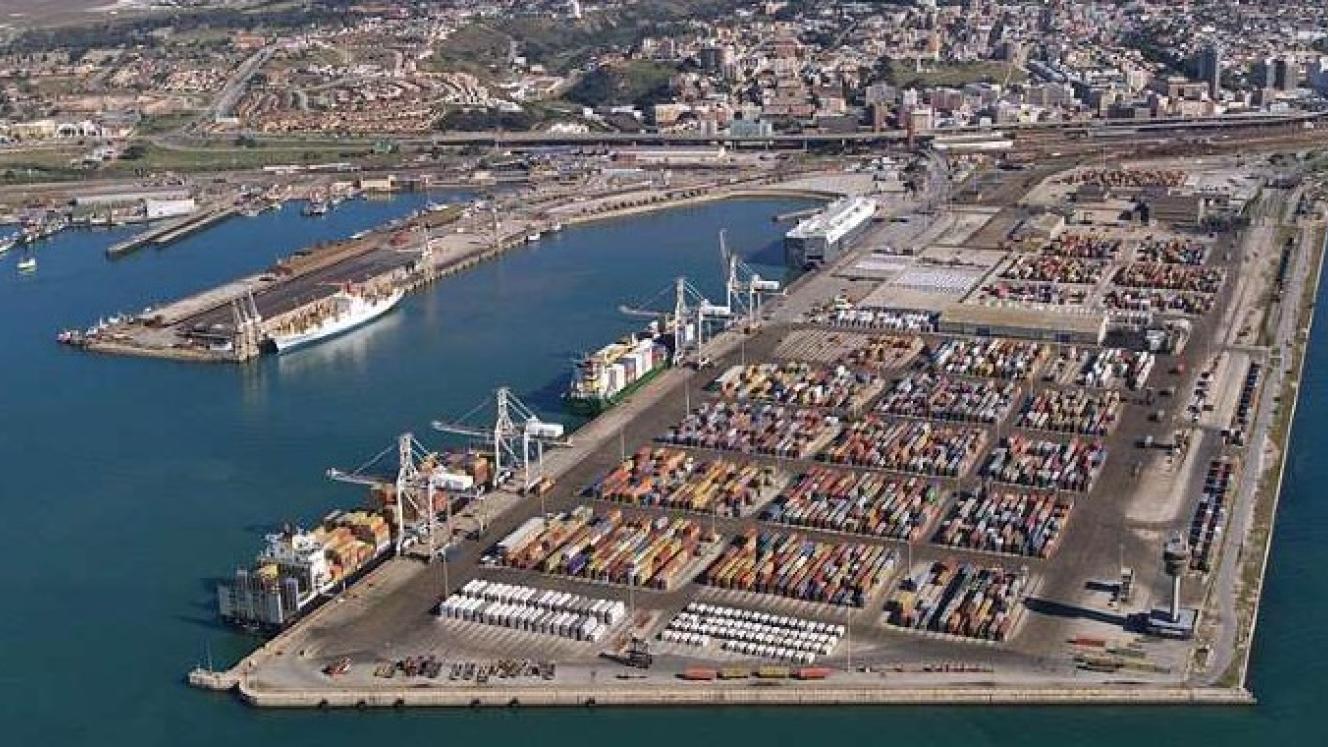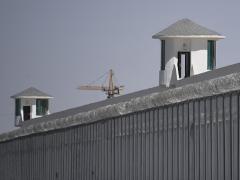The three “non-contiguous jurisdictions” of the US - Alaska, Hawaii, and Puerto Rico - are all now seeking exemption from the Jones Act for large oceangoing ships engaged in their domestic trades. The commonly-known Jones Act – actually Section 27 of the Merchant Marine Act of 1920 - requires that vessels be US-built, US-flagged, US-crewed and US-owned to transport cargo between two domestic points in the US. But, said the Hawaiian submission, US deep-draft ship construction is typically three or more times the cost in Japan and South Korea and US ship production is very limited – building on average fewer than three deep draft merchant ships annually in the US since the mid-1980’s. “This puts the US shipbuilding yards at a distinct disadvantage in terms of economies of scale adversely affecting their ability to apply new technology, expertise, and experience in the construction of large modern oceangoing ships as compared to their international peers,” it added. It also noted that there is also a historical exemption from the US-build requirement of the Jones Act for all commercial vessels engaged in the domestic Guam trade - known as the ‘Guam Exemption’. The Federal Reserve Bank of New York, in June 2012 issued a report that recommended an exemption from the Jones Act for the Commonwealth of Puerto Rico. The Fed identified the Jones Act as a major impediment to the island’s prosperity. The Hawaiian Free Press reported that, although the Fed report asserts that this is a unique problem for Puerto Rico, it is not. In fact, it negatively impacts all the coastwise non-contiguous domestic trades of Alaska, Guam, Hawaii and Puerto Rico.












